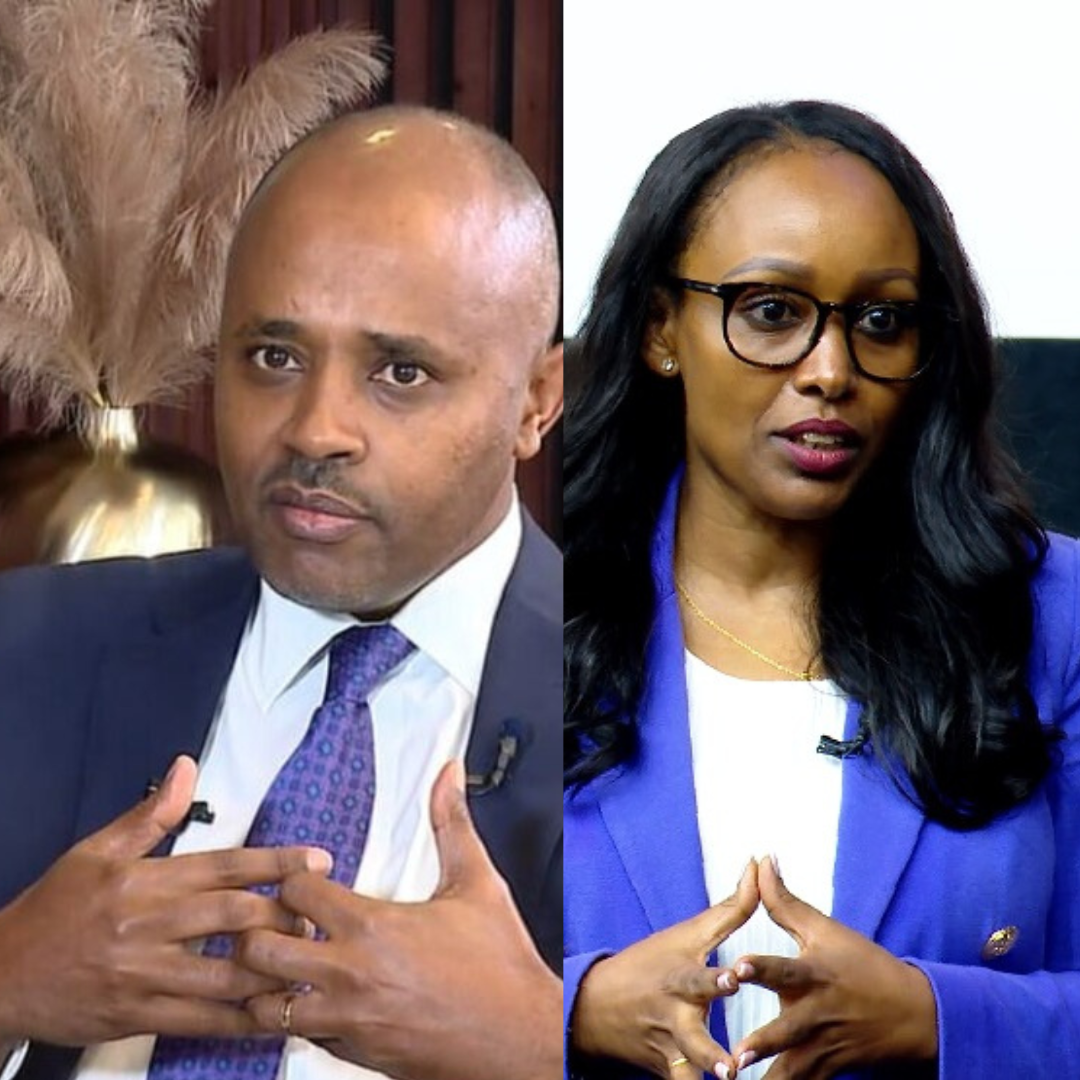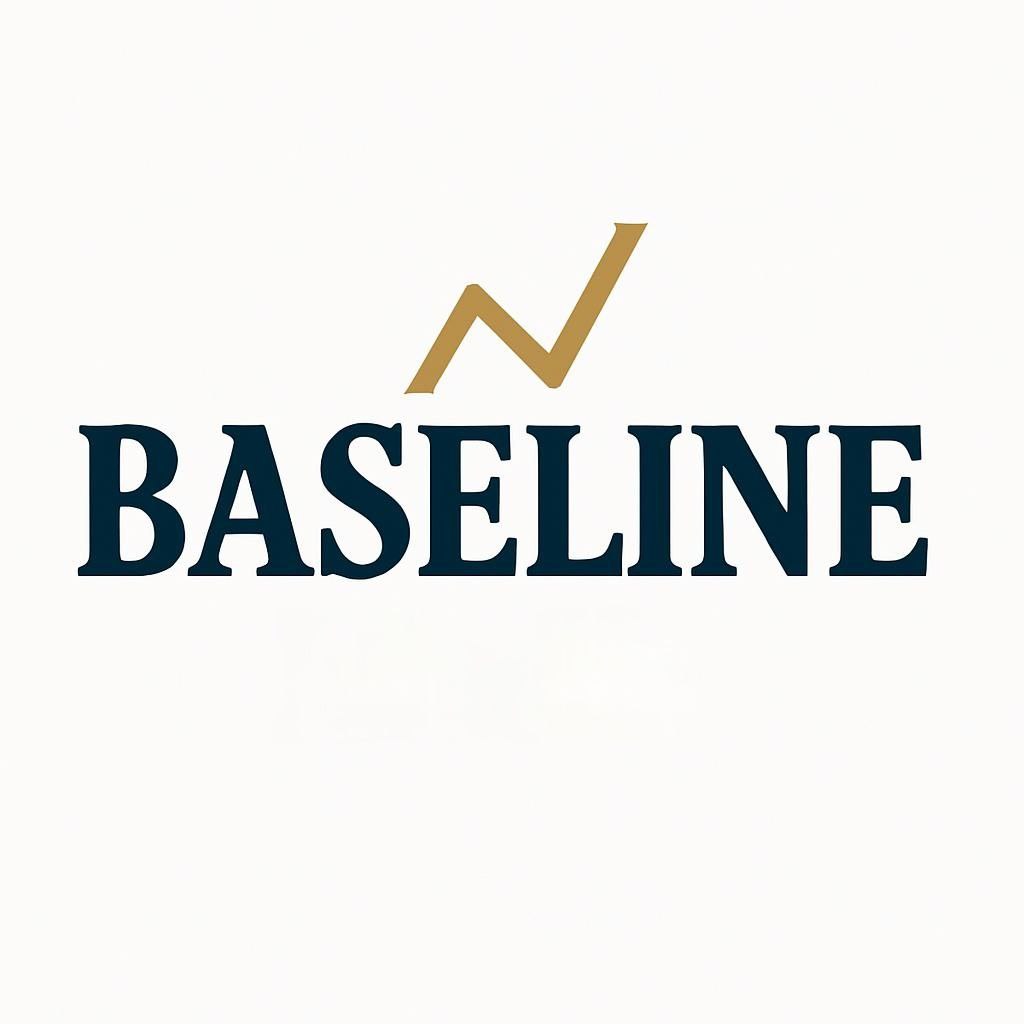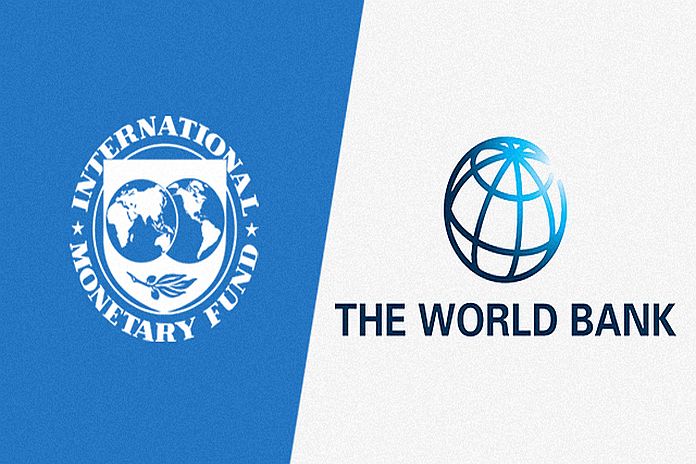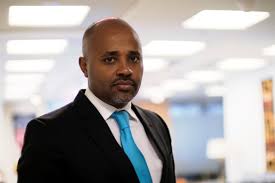Who Should Hold the Keys to Ethiopia’s Central Bank?
BaseLine Team
13 Sep, 2025

When Mamo Mihretu stepped down as governor of the National Bank of Ethiopia (NBE) two weeks ago, he left behind a transformed institution. Under his leadership, the central bank introduced a market-based exchange rate system, opened the banking sector to foreign players, advanced digital finance, and secured $10.5 billion in external financing. Foreign reserves tripled, inflation fell to a seven-year low, and financial sector assets crossed the five-trillion-birr mark.
By any measure, his tenure marked a bold pivot toward liberalization.
Now, Prime Minister Abiy Ahmed (PhD) faces a defining choice. Who should succeed Mamo and carry the reforms forward or recalibrate them? Two names dominate the conversation: Eyob Tekalgn Tolina (PhD), State Minister of Finance and veteran in international finance, and Fitsum Assefa Adela (PhD), Minister of Planning and Development and a champion of inclusive growth.
𝐓𝐡𝐞 𝐒𝐭𝐚𝐤𝐞𝐬
The governor’s seat at NBE shapes the country’s monetary lifeline—interest rates, credit growth, foreign exchange management, and overall financial stability.
The next governor will inherit daunting challenges such as stabilizing the birr, containing inflationary pressures, deepening liberalization without destabilizing the real economy, and convincing both domestic businesses and foreign investors that Ethiopia remains on a credible trajectory.
History underscores the importance of this office. From the Bank of Abyssinia in 1906 under Menelik II, to Haile Selassie’s establishment of Africa’s first nationally owned bank, to socialist-era financial controls, Ethiopia’s central banking story has always mirrored its political economy. The 1994 proclamation declaring the NBE independent of government set the stage for a market-oriented system. Mamo pushed those boundaries further than any of his predecessors.
His successor must decide either to consolidate reforms, or recalibrate?
𝐓𝐡𝐞 𝐓𝐞𝐜𝐡𝐧𝐨𝐜𝐫𝐚𝐭 Eyob
Eyob’s résumé is stacked with international experience. Over 18 years, he has navigated finance from multiple vantage points: advising Ethiopian governors at the IMF and World Bank, consulting for Fortune 500 giants like Dow Chemical, managing the Public-Private Consultative Forum, and working with UNECA, COMESA, UNCTAD, and IFC. Before serving as State Minister of Finance, he was a director at SGI Frontier Capital, a U.S. investment firm specializing in frontier markets.
Supporters argue this blend of global exposure and domestic policymaking makes him the frontrunner. He knows the language of lenders and investors, and can reassure markets while managing Ethiopia’s delicate macroeconomic balance.
But critics caution that his market-leaning instincts could extend Ethiopia’s liberalization push . For businesses already bruised by forex shortages and price swings, Eyob must prove he can balance reform with cushioning the real economy.
𝐓𝐡𝐞 𝐏𝐥𝐚𝐧𝐧𝐞𝐫 Fitsum
Fitsum brings a contrasting profile. A former Hawassa University professor and researcher on agriculture, poverty, and sustainability, she has spent the past six years steering Ethiopia’s economic planning. As Minister of Planning and Development, she led implementation of the 10-year development plan and served on the Commercial Bank of Ethiopia’s board.
Her hallmark is evidence-based policymaking. Fitsum has consistently emphasized inclusive growth and social equity. For her supporters, her appointment would signal a recalibration—tempering aggressive liberalization with policies that prioritize domestic stability.
Skeptics, however, note her limited exposure to international financial markets and the operational side of central banking. Planning ministries focus on long-term strategy, they argue, while central banks demand fast-moving monetary interventions. The question is whether a planner can quickly adapt to the technical rigors of monetary governance.
𝐂𝐨𝐧𝐭𝐢𝐧𝐮𝐢𝐭𝐲 𝐨𝐫 𝐂𝐨𝐮𝐫𝐬𝐞 𝐂𝐨𝐫𝐫𝐞𝐜𝐭𝐢𝐨𝐧?
Central banking in Ethiopia has never been about numbers alone. The next governor will face immediate pressure: a volatile birr, fragile investor confidence, a banking sector bracing for foreign entrants, and an expanding digital finance ecosystem outpacing regulatory capacity.
There will be no honeymoon period. Decisions on exchange rate management, interest rates, and banking reform will quickly define the governor’s credibility—and Ethiopia’s trajectory for the next decade.
So, who should hold the keys to Ethiopia’s vault? The global dealmaker or the domestic planner? The decision will shape not just the central bank, but the country’s economic destiny.







